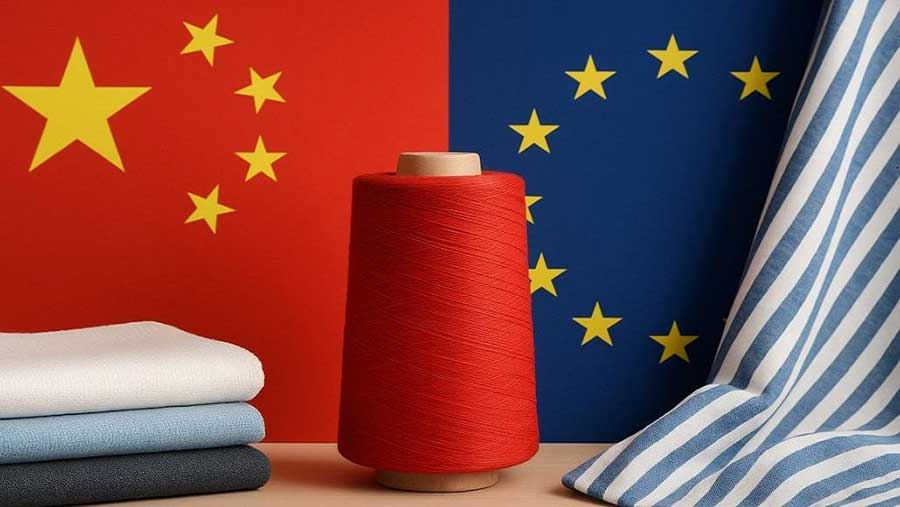Struggling in the wake of the COVID-19 pandemic and facing challenges like supply chain disruptions, inflation, rising interest rates, and shifting consumer behavior, several sporting goods and apparel retailers have filed for bankruptcy.
The first amongst these is the major paddle board retailer, Surf 9 which is seeking reorganization after Body Glove terminated its licensing agreement due to alleged unpaid royalties. Similarly, operating Eastern Mountain Sports and Bob's Stores, Mountain Sports filed for Chapter 11 and was subsequently acquired by UK-based Mountain Warehouse.
A licensee and operator of brands like Volcom, Billabong, Quicksilver, and Roxy, Liberated Brands also filed for Chapter 11 bankruptcy protection. The company faced license terminations for several brands due to defaults, owing significant sums to creditors and in unpaid royalties. CEO Todd Hymel founded Liberated Brands after leading Volcom. The company experienced a revenue surge post-pandemic, driven by increased outdoor activities and stimulus checks, but later faced macroeconomic headwinds. Rising interest rates, inflation, supply chain issues, and declining demand led to financial distress. License terminations and vendor actions further exacerbated the situation, leading to the bankruptcy filing.
These cases illustrate the challenges facing the sporting goods and apparel industry. While some retailers initially benefited from increased outdoor interest during the pandemic, macroeconomic factors and internal operational issues have created a difficult environment.












